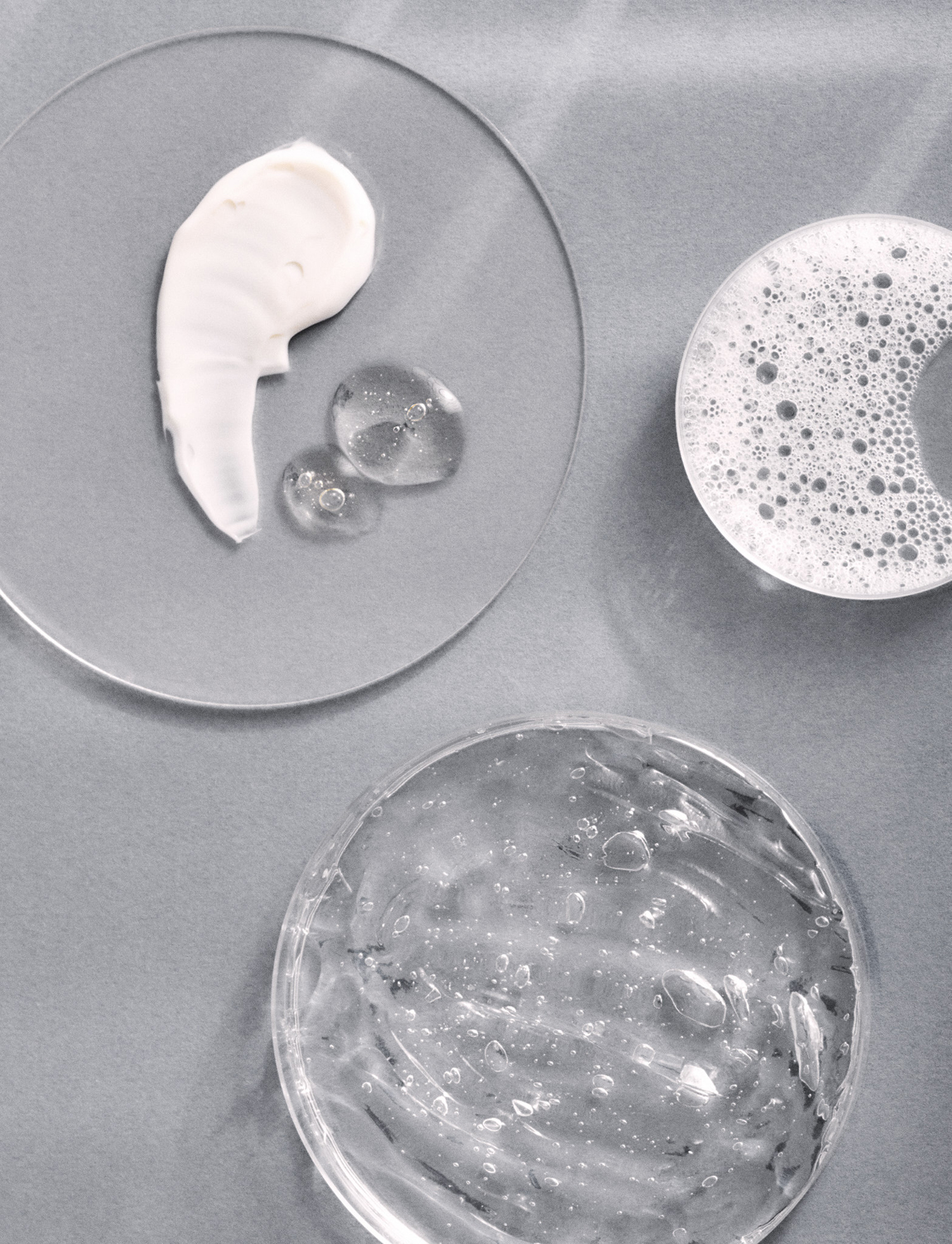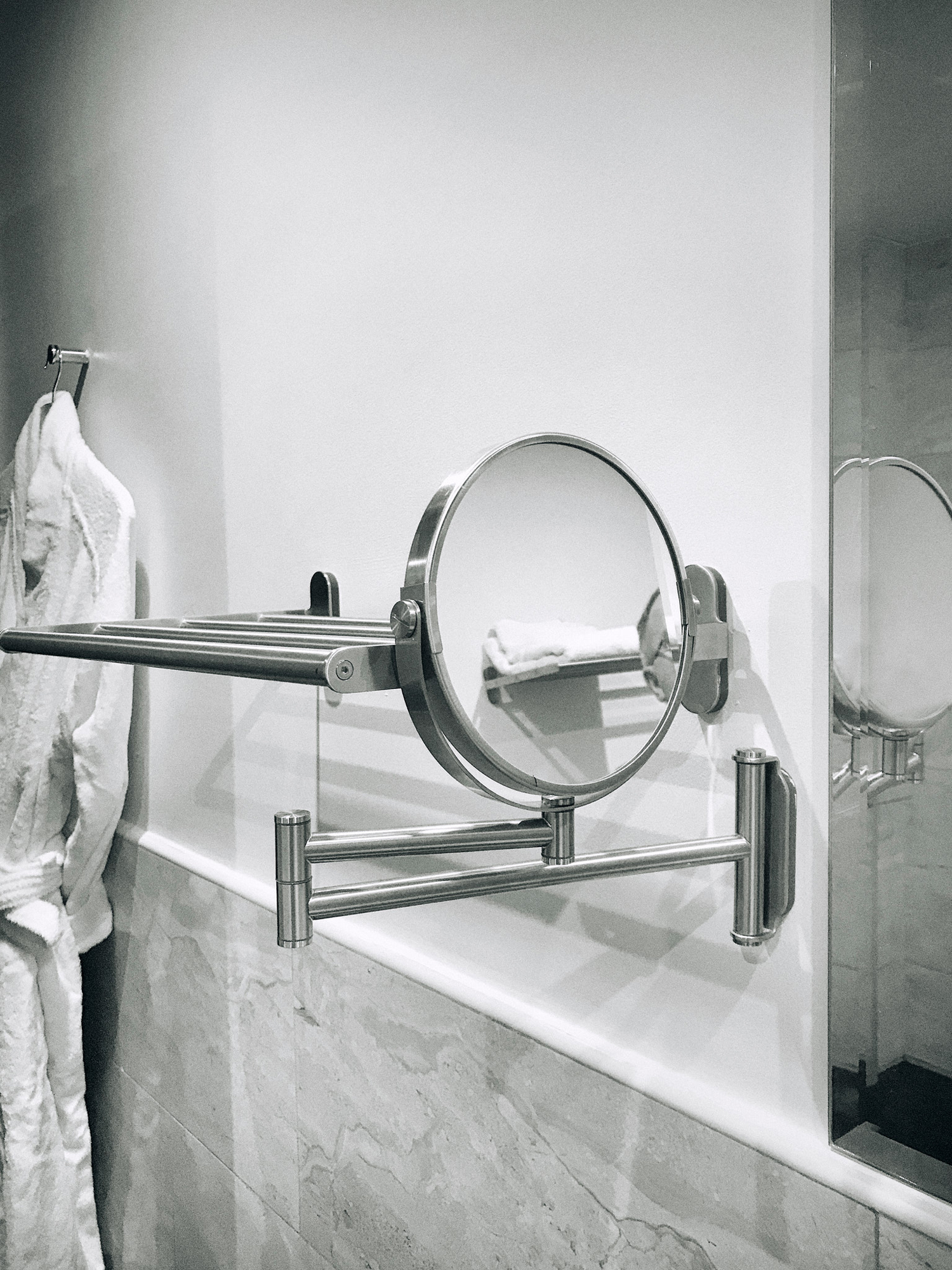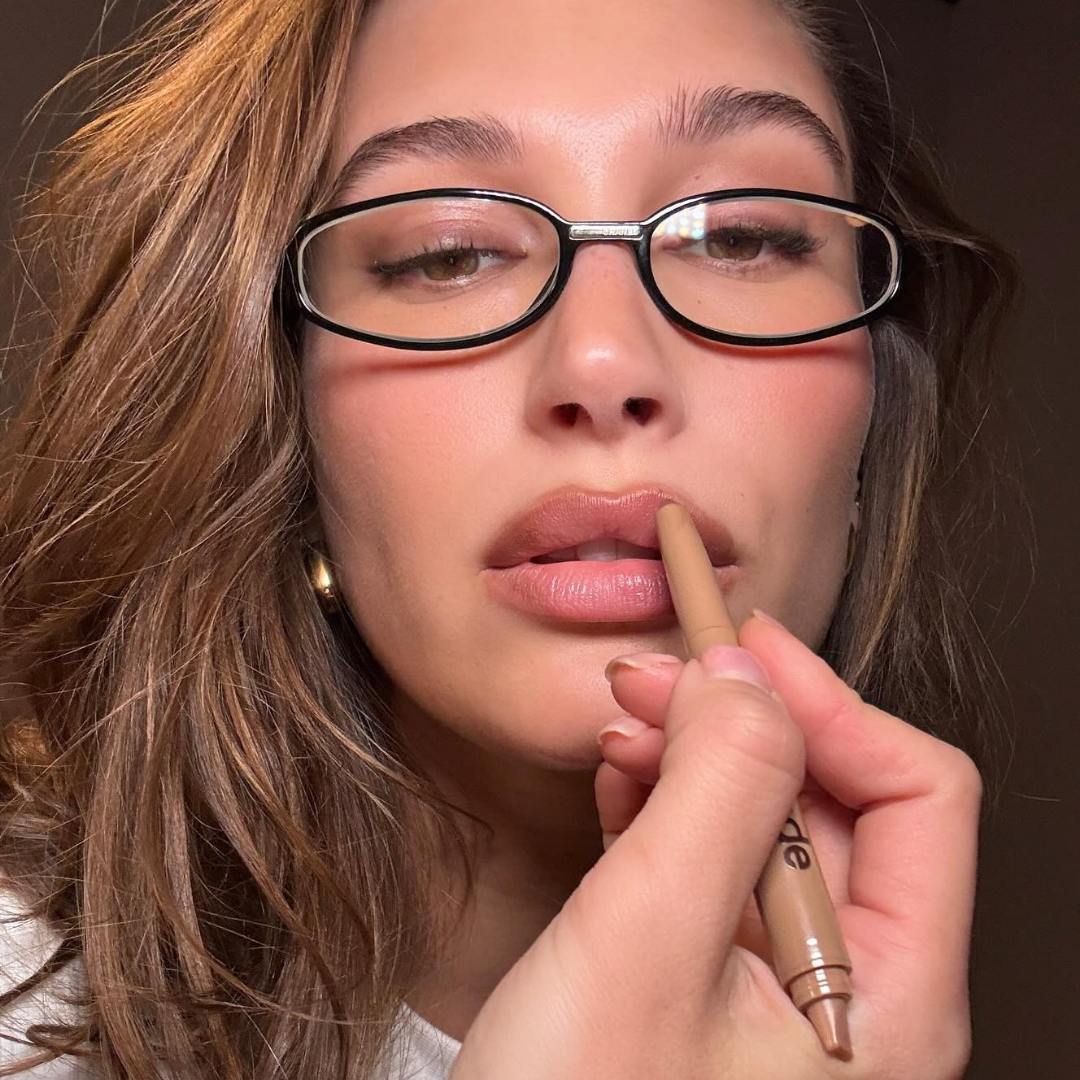Considering a Tweakment? Here's What You Need to Know

It's true—aesthetic treatments have never had more interest surrounding them. In fact, a report from McKinsey & Company details that the market for injectables alone is growing by around 10% every year. Procedures and aesthetic treatments used to be reserved for celebrities in the limelight, and the mystery around them stayed firmly behind the doctors' curtain. However, with changing consumer attitudes and the rise of non-invasive, non-surgical treatments that don't require you to go under general anaesthetic, treatments like Botox and fillers have never been more popular.
Those who have aesthetic treatments regularly might now consider it as part of their general beauty routine or as commonplace as getting a manicure or facial. As someone who has recently ventured into Botox, I'm more than aware of how much the attitude around injectables has shifted. "I think the stigma around having treatments is definitely reducing. A lot of people are more comfortable talking about it, and it's now a lot more accessible too," says Ahmed El Muntasar, GP and award-winning aesthetician. "This is primarily due to a larger number of injectors out there, which means that there is more coverage of such procedures on social media, on television and in magazines."

This accessibility, however, also comes with downfalls. If you're wondering if aesthetic treatments are safe, it totally depends on who is conducting them. You might be surprised to know that practitioners who offer injectables such as Botox (an anti-wrinkle muscle relaxer) or filler (which is used to add volume to facial features) don't currently need to have a license. This means that anyone—whether they are adequately qualified or not—can administer these treatments. Botox (the brand name for botulinum toxin) is a prescription drug that needs to be dispensed by a medical professional, but filler isn't. This means that anyone—including you and I—can buy it and inject it without any formal training. Safety can be hugely compromised, and these treatments can become dangerous in the wrong hands. There have been reports of blindness, tissue damage and filler migration, for example. Put simply, it's just not worth the risk if a non-qualified practitioner is offering it for cheaper. As the saying goes, if it's too good to be true, it probably is.
The aesthetic-medicine industry has long called for tighter regulation, and while steps have been made to ensure only those who are qualified can administer these treatments, it has been a slow process in government since some initial steps were made back in 2022. "A license or regulation programme has been in governmental discussion for some time now that would only allow doctors or medical professionals to inject patients," says El Muntasar. "Whilst this would be a great step forward for the aesthetics world, it has been a while since updates or new information has been released."
So if you're considering a medical procedure such as Botox, filler or any kind of aesthetic treatment, it's important to know who can safely administer these aesthetic treatments as well as the general red flags to watch out for when you're considering a clinic or practitioner for the procedure. The term "tweakment" may sound cute, but one needs to be armed with all of the necessary information, and that's where we come in.
What Are Aesthetic Treatments?
Generally speaking, aesthetic treatments—or aesthetic medicine—is the umbrella term given to cosmetic treatments that address the face and body. This includes non-surgical treatments such as Botox, fillers, Profhilo (an injectable moisturiser) and thread lifts, to name just a few. This also extends to sculpting treatments on the body.
Who Can Administer Aesthetic Treatments?

So who exactly can administer different treatments? It depends on the treatment being undertaken and the qualifications of the practitioner.
General skin treatments can be performed by skin therapists. Think treatments such as laser hair removal, facials and peels. However, some of the more advanced facial devices require a higher level of qualification. "Qualifications in non-medical aesthetic/beauty practitioners to NVQ Level 3, Level 4 and Level 5 are required for advanced non-surgical skin treatment and non-ablative treatments, which don't harm the surface of the skin. Ablative lasers require further training, like laser and IPL skin rejuvenation, hair removal and tattoo removal," says Elena Cudworth, clinical aesthetician and founder of Elenique Skin Clinic. "Therapists can do advanced skin treatments using devices such as HydraFacial, microdermabrasion, micro-needling, skin peels, etc. Nowadays, experienced therapists qualified to Level 6 or 7 can provide injectable treatments, but they may not be able to manage the complications."
Therefore, it is important to consider that a doctor or medical practitioner, such as a dentist or prescribing nurse, is also best equipped to treat you in the unfortunate event that things do go wrong with your injectable treatments, and complications will be far less likely if you choose to be treated by a medical professional. "This is why ensuring that your injector is experienced and well-qualified is so important. Should complications arise, you want to know that you're with a professional equipped to handle that situation," says El Muntasar. In some clinics, the injectables can be given by someone working under the supervision of a qualified professional like a doctor. However, it is the prescribing doctor who takes responsibility for the treatment.
So how can you check if your practitioner is qualified? "If your practitioner is a doctor, you will be able to find them on the General Medical Council (GMC), and if they're a dentist (dentists are also qualified to perform injectables due to their understanding of the facial anatomy), then you can find them on the GDC (General Dental Council)—the same goes for nurses too," says El Muntasar. Nurse prescribers can be found on the British Association of Cosmetic Nurses (BACN) website.
If you want to find a good practitioner, The Tweakments Guide is another great resource to search for specialised experts who are local to you.
What to Discuss During Your Consultation

Any good practitioner will offer you a consultation to talk through your treatment options. If they don't, run. "A consultation should ideally be like a first date—you're both asking questions, trying to understand each other's pasts and histories, preferences and how best to proceed," says El Muntasar. "The doctor should ask questions regarding why the patient is prepared to have the treatment, what their expectations and concerns are if they have any allergies or disorders and if they've had any treatments before. Consulting photos of the ideal finished result is a good way to align both doctor and patient expectations too."
Additionally, any good practitioner will be prepared to turn you away if you're not suitable for a treatment. Your safety and health are of the highest priority to them—not their bottom line and getting patients in the door. "I always believe that if you think that the patient is not suitable for a certain treatment, then it is in both of your interests to let them know," says El Muntasar. "Ultimately, the patient comes to us for advice, and we have to give them our professional opinion regardless."
The consultation is also ideal to ask any questions you have, whether it be about the treatment you're considering or the practitioner. "It is important to receive all information about the treatment you are going to receive, including how long the procedure will take, the number of treatments that may be needed and the aftercare that should be followed," says Cudworth. "Patients should also be advised on whether there is any need to prepare the skin before treatment, the skin recovery time and possible side effects as well as how long the results will last and what the best maintenance regime is. They must also know the contraindications and explain to the client the potential side effects of treatments."
"I also encourage you to contact the practitioner directly to ask them any questions you may have, such as how many procedures they've done or what their complication rate is," says El Muntasar.
Practitioner Red Flags to Watch Out For

Trusting your gut feeling shouldn't be underestimated, but there are also some concrete things to watch out for when considering a treatment. "If the practitioner is hesitant to disclose any information regarding their past treatments or complication rates, then this is a big 'red flag!'" says El Muntasar. "It's important to consult the GMC or GDC too—any restrictions or complaints will be shown there."
The price of the treatment is also a big giveaway. If it seems cheap in comparison to other clinics, they are likely not a responsible practitioner. "Furthermore, treatment prices are not something to be haggled over, so if your practitioner is doing so or offering incredibly low rates, then this is something to watch out for," says El Muntasar.
"I would also be wary of clinics who reward therapists with commission payments for selling treatments, as the treatment may not always be the most appropriate for the client," adds Cudworth.
Both practitioners encourage patients to ensure that the clinic they've booked with is safe and sanitary before the procedure. "Check whether the therapist or practitioner has their registration and license and that the clinic holds a valid insurance certificate or if a self-employed therapist or practitioner holds appropriate insurance," says Cudworth.
El Muntasar adds, "When it comes to the actual day of treatment, making sure that your surroundings are sanitary and legitimate, too, is an important way to assess credibility prior to having the procedure performed. Be sure to also keep an eye out for an emergency kit—a doctor should have tools such as an EpiPen and dissolving solution close to hand."
Up Next, We Tried 6 LED Face Masks—These Are the Ones That Really Work

Eleanor Vousden is the beauty editor for Who What Wear UK. She was previously deputy editor at Hairdressers Journal, health writer at Woman & Home and junior beauty editor at Powder. She has also contributed to Wallpaper and Elle Collections.With a degree in fashion journalism from the London College of Fashion, she has 10 years of industry experience and has been highly commended at the BSME Talent Awards for her work on Powder and also contributed to the title winning Website of the Year at the PPA Awards.Eleanor’s journalistic focus is providing readers with honest and helpful beauty content. She has interviewed celebrity makeup artists, hairstylists and dermatologists throughout her career, as well as celebrities such as Hailey Bieber, Sarah Jessica Parker and Scarlett Johansson.

